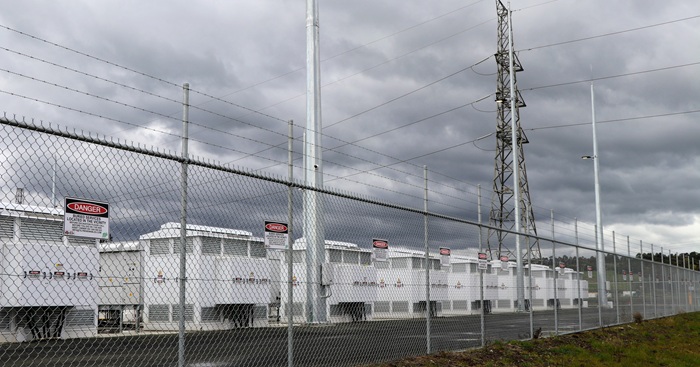Victoria’s energy storage network has expanded with the launch of a 100 MW Battery Energy Storage System (BESS) in the Latrobe Valley – a critical step in strengthening grid reliability and supporting the state’s renewable energy transition.
Image: Tilt Renewables
Developed and operated by Tilt Renewables, Australia’s largest owner of wind and solar generation, this newly opened facility adds significant storage capacity to the grid – creating opportunities for investors and partners in Victoria’s fast-growing clean energy sector.
The battery enhances Victoria’s electricity network reliability by storing power for peak demand periods. This capability supports a stable, efficient grid, helps manage energy costs, and provides long-term certainty for households and businesses.
Energy storage is central to Victoria’s transition to renewable electricity generation, and this project will play a crucial role in achieving the Government’s legislated energy storage targets of at least 2.6 GW of energy storage capacity by 2030 and at least 6.3 GW by 2035.
Victoria is the home of big batteries with 12 large scale energy storage systems with a total output capacity of 1028 MW in operation – more than any other state. The Latrobe Valley BESS joins an impressive line-up of batteries operating or in development around the state, including the 300 MW Victorian Big Battery and 600 MW Melbourne Renewable Energy Hub.
The Government strongly supports investment in battery and energy storage projects, ensuring that Victoria remains rich with opportunities for collaboration. With abundant natural resources, skilled talent, and world-class infrastructure, the state is the ideal environment for launching innovative clean energy solutions.
From large-scale energy storage projects to partnerships with local innovators, investors have a wide range of opportunities to capitalise on the growing clean energy transition in Victoria.
Discover how your business can play a key role in Victoria’s clean energy future




